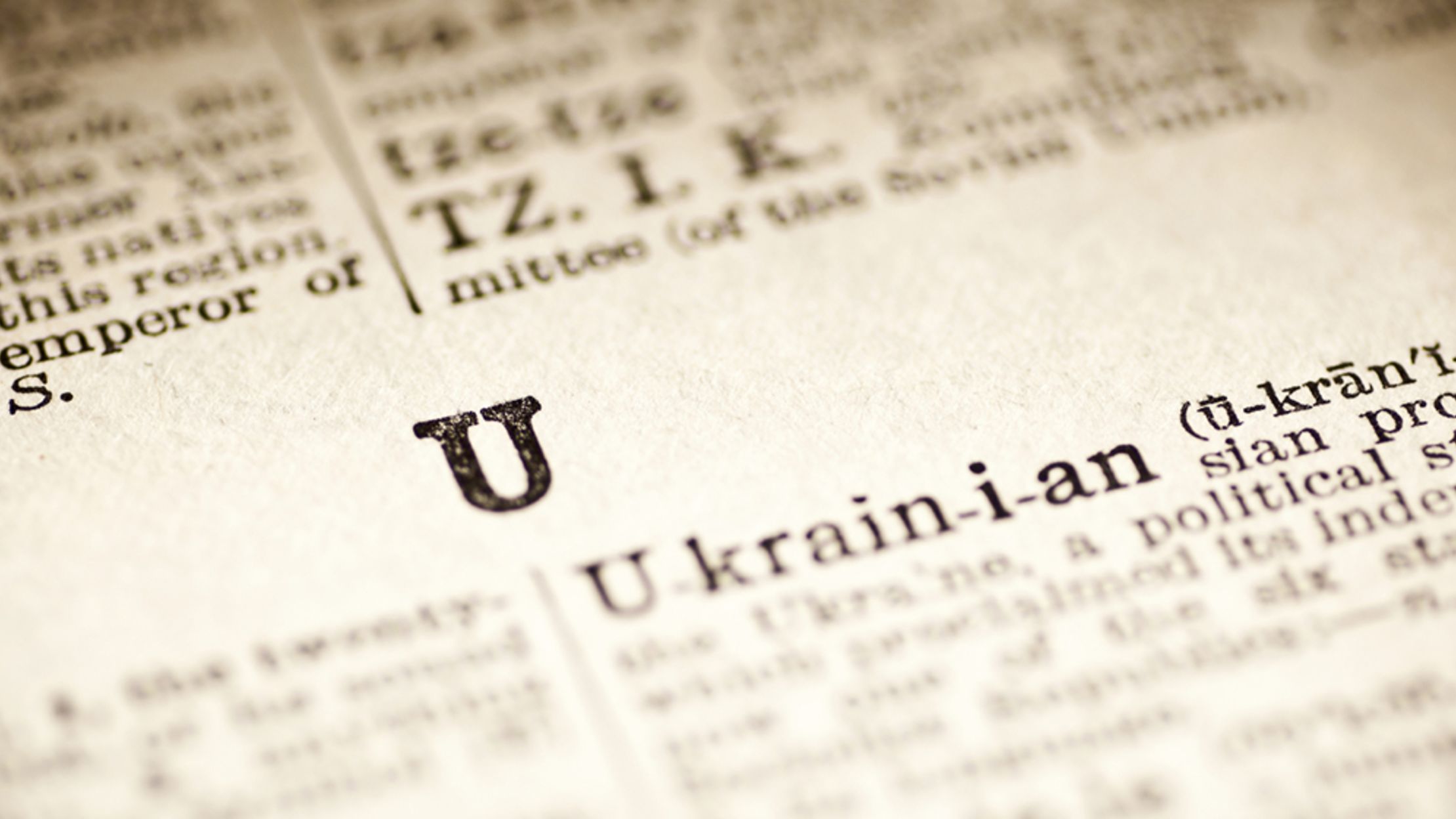

Īrabic, literally "stoppage" from waqafa, "come to a standstill".įijian yaqona, in which q represents Also written tzaddiq, tzadik or tzaddik. In Judaism, a term bestowed upon the righteous. In Islam, the dissimulation of faith displayed for fear of one's life.Īlso written taqiyah, or capitalised.Ī Sufi method of spiritual development, or a Sufi missionary. Most commonly written souk (French spelling).Ī person who collects the revenues of a taluq.

The currency of Israel, divided into 100 agorot. Named after the letters on the top row of keys.Ī unit of weight originally used in Mesopotamia. The nineteenth letter of the Hebrew alphabet. Also written qintar or quintal.Ī drug, artemisinin, used to treat malaria.Ī monetary unit of Saudi Arabia and, formerly, various other countries.Īlso written qurush, qursh, gursh, girsh or ghirsh. Sometimes capitalised.Ī local Libyan name for the sirocco, a southeasterly Mediterranean wind.Īlso written qi gong, ki gong, or chi kung.Ī classification of Chinese musical instruments.Īn Albanian unit of currency, equal to one one-hundredth of a lek. The point to which Muslims turn in prayer.Īlso written qiblah, or qib'lah. Originally a trademark of DuPont, now generic. In Chinese culture, a physical life force. Twenty-first letter of the Arabic alphabet.Ī member of an order of mendicant dervishes.Ī type of water supply tunnel found in north Africa and the Middle East.Ī kind of Arabian shrub used as a narcotic.Īrabic قوٌالی ( qawwāli), "loquacious" or "singer".Īn obsolete spelling of Whitsuntide (the day of Pentecost).
#U dictionary words free#
In Islam, adherents of the doctrine of free will. More commonly written Kabbalah, and also written Qabala, Qabbala, Cabalah etc.

Much more commonly written kebab, kebob or kabob. Greenlandic for " that which attacks you".Ī dish consisting of pieces of seasoned meat.

Ī cold katabatic wind originating in Greenland. Middle English, from Latin quinquefolium, from quinque "five" + folium "leaf".Ī trimming of cock feathers on a woman's hat.Īn Arabic script used in Persian writings.Īlso written nasta'liq, nestaliq, or shortened to just taliq. The number five, as signified in dice or cards.Ī plant of the genus Potentilla, or an ornamental design thereof. Urdu and Persian burqa, from Arabic burqu`. See also: Appendix:English proper nouns containing Q not followed by U. However, the nouns in this list are common nouns. Zaqqum (a tree mentioned in the Qur'an) and Saqqara are proper nouns notable for their use of a double q. Other proper names and acronyms that have attained the status of English words include: Compaq (a computer company), Qantas (an Australian airline), Nasdaq (the US electronic stock market) and QinetiQ (a British technology company). Qaqortoq and Qeqertarsuaq, both in Greenland, are notable for having three naked qs. Iqaluit, the capital of the Canadian territory of Nunavut, also has a q which is not directly followed by a u. The most familiar of these are the countries of Iraq and Qatar, along with the derived words Iraqi and Qatari. In addition, there are many place names and personal names, mostly originating from North Africa, the Middle East or China, that have a q without a u. For words to appear here, they must appear in their own entry in a dictionary words which occur only as part of a longer phrase are not included. However, they are all considered to be naturalised in English according to at least one major dictionary (see References), often because they refer to concepts or societal roles that do not have an accurate equivalent in English. In other examples, q represents (in standard Arabic, such as in qat, faqir and Qur'ān, and alternative spellings are sometimes accepted which use k in place of q).Īlmost all of these words are nouns, and most would generally be considered loanwords. For example, in the Chinese pinyin alphabet, qi is pronounced /tʃi/, as pinyin uses ‹q› to represent the sound, which is approximated as in English. While this is true in the vast majority of cases, there are some exceptions, the majority of which are romanised from Arabic, Chinese, Hebrew, Inuktitut, or other languages which do not use the English alphabet, with q representing a sound not found in English. In English, the letter q is usually followed by the letter u. For a more complete list, see Category:English words containing Q not followed by U.


 0 kommentar(er)
0 kommentar(er)
